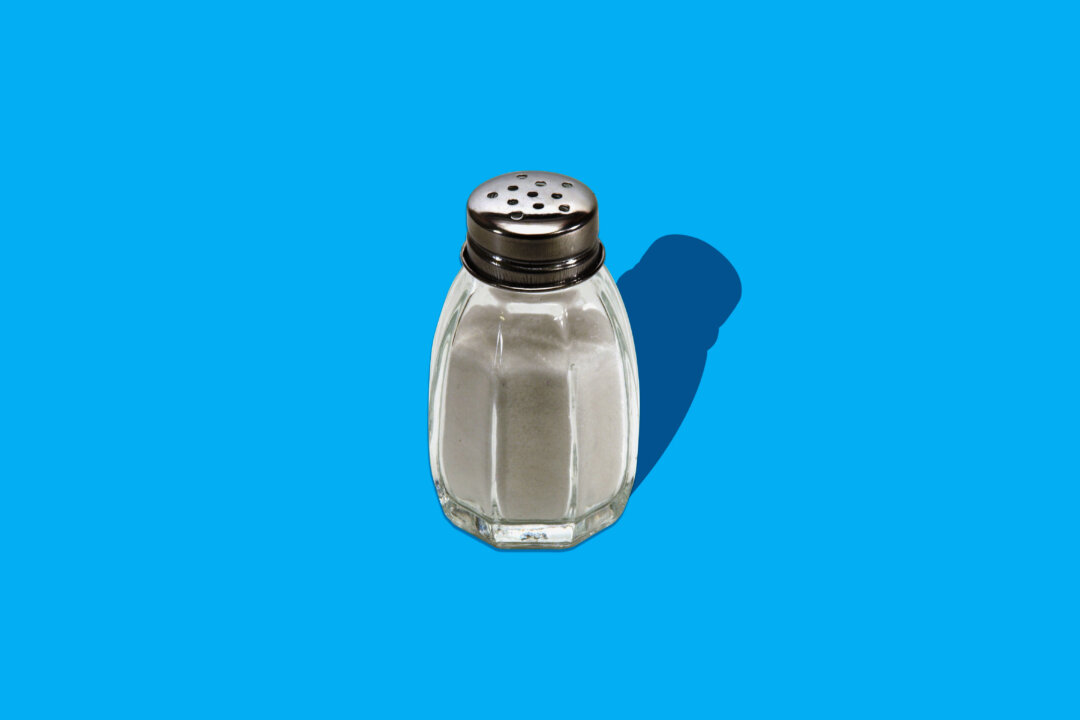Could something as common as table salt be the key to advancing cancer treatment? Recent research offers a surprising and promising role for table salt in enhancing the immune system’s ability to fight cancer, researchers say. Two new studies, published on Aug. 28 in Nature Immunology, reveal that increased salt levels can significantly enhance immune cells’ cancer-killing abilities.
One of the two studies also showed that mice who consumed a high-salt diet also had reduced tumor sizes as a result. “We were very surprised to see that salt instead improved their vigor, metabolism, and killing function and that this also reduced tumor growth in [the] mouse model,” Dr. Christina Zielinski, lead author of one of the studies, told The Epoch Times in an email.

“Salt turned out to be a surprisingly simple [but] overlooked factor” in boosting cancer-killing cells’ effectiveness, Zielinski, who is also the Chair of Infection Immunology at Friedrich Schiller University in Jena, Germany, added. Mice fed a high-salt diet also had reduced tumor growths due to improved T-cell activity, the researchers found. The researchers found that adding salt to T cells caused a similar effect as exposing the cells to immunotherapy drugs that enhanced their activity.
Study co-author, oncologist, and researcher Agnese Losurdo, said in the press release that a higher sodium level in the blood is associated with a better response to cancer immunotherapy. However, the authors said that a high-salt diet “is not readily translatable to humans because of the consequences it could have on the cardiovascular system.” They suggested that instead, T-cells can be exposed to high levels of salt for a short period of time before being transplanted into patients as a form of cancer therapy.
“Our results demonstrate that sodium chloride significantly impacts the functionality of CD8 T lymphocytes, crucial cells in the anti-tumor response,” Lugli said. However, caution is essential. Despite these promising results, Lugli stated that simply increasing dietary salt intake won’t have the same effects and could be harmful.
Lugli added that the benefits observed in the studies are about manipulating salt concentrations outside the body to boost immune cell activity. Zielinski agrees, adding that the focus is on exposing immune cells to higher salt concentrations in a controlled environment before injecting them into patients. Both research teams are now exploring how these findings could be translated into clinical settings to advance immunotherapy.
.


















